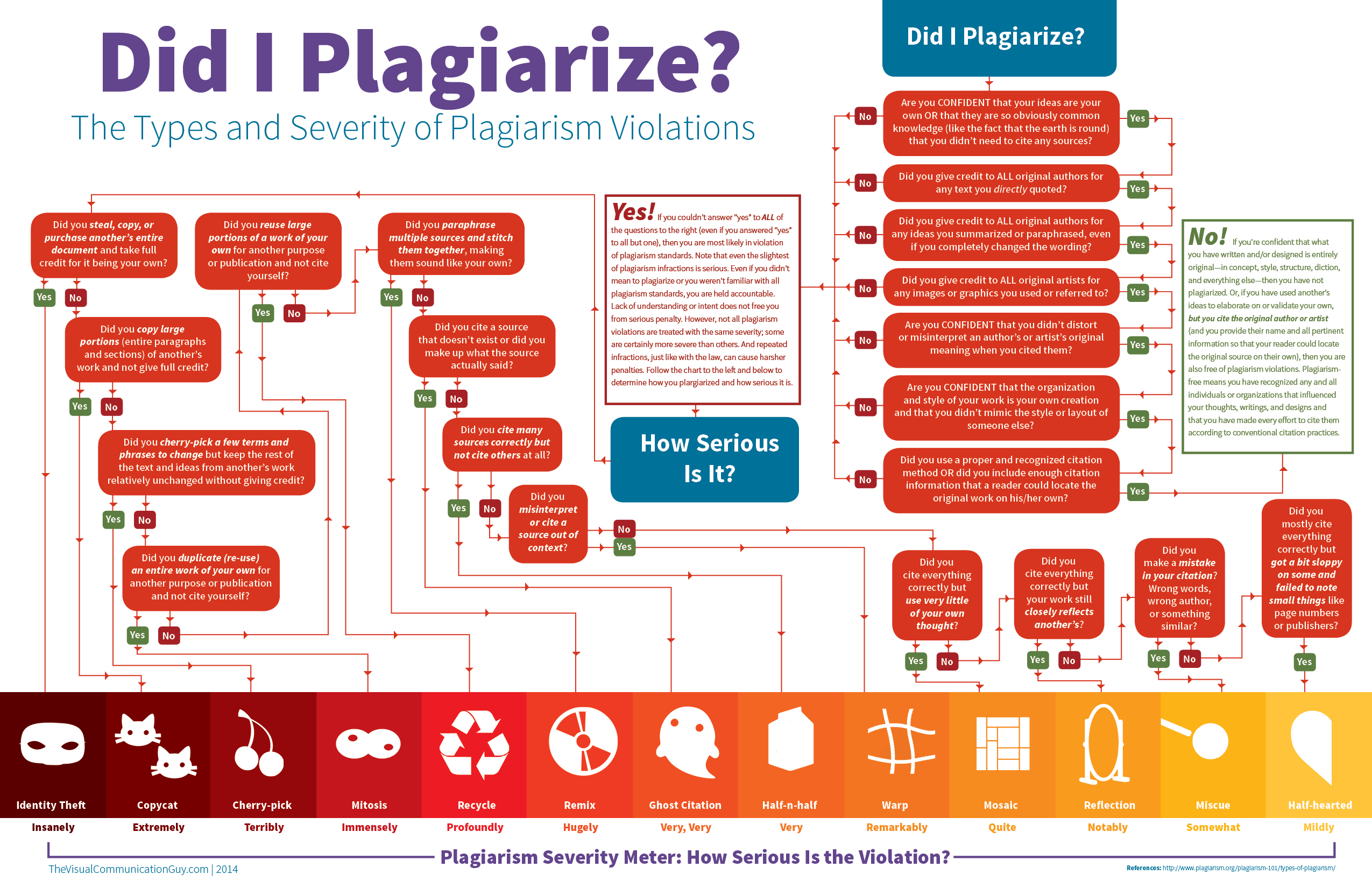In direct answer to the question, as it addresses the definition of plagiarism and consequent marking decisions...
NO, this is definitely not literally plagiarism, because that necessarily involves the non-attribution of real work by others. What you describe is a smokescreen of nonexistent work that a student is using in order to give the impression of having consulted sources. That is certainly academically inappropriate, but it is not plagiarism. It is intellectual fraud. This might constitute an indication that the student concerned in some sense really does understand the idea of analytical practice and structure, but thinks that a cosmetic short-cut is just as good as doing any actual work.
That might in fact mean that the student is essentially promising, but has misunderstood the game. He or she might benefit enormously from discussion as to how one legitimately gains academic credit, and how to direct energies more effectively than inventing sources. In any case, this particular assignment sounds like a Fail.
Your documentation from Nebraska Methodist College uses the term 'plagiarism' with unhelpfully unprofessional latitude. Plagiarism is the act of taking someone else's work and pretending that it is one's own. The etymology derives from the idea of kidnapping. This privileges the idea of theft and subsequent misidentification of intellectual effort, with the underlying concept of credit properly belonging elsewhere. That is not what you are describing here.
What you describe is certainly against the spirit and practice of scholarship, however. In a legal context (in UK terminology; I don't know about Nebraska courts) it would be called 'fabricating evidence', and would lead to a jail term.
This behaviour should be specifically marked-down, and the student should be told why. You say that your criteria include 'organization, analytical treatment, and language use'. If the student's essay is more or less argument-shaped and comprehensible then it should probably score on the first and third of these. Academically, however, the second factor by far is the most important.
Inventing an intellectual landscape is certainly creative (Stanislaw Lem and others have written impressive collections of reviews of nonexistent books, for example, and JRR Tolkien invented an entire world to play-out the development of his invented languages), but it is not scholarship of the sort that your student is being asked to display.
To put it another way... Given the marking criteria that I have used most recently, this essay sounds as if it boils down to personal opinion with no core of analytical substance and no suitable bibliography, with the added pretence of scholarly effort. That might be wonderful fun for a chat over a drink, but it does not attract academic credit.
If the essay is generally well-written, I would give it a high-ish Fail on grounds of technical competence, because a pass of any kind is impossible without real academic engagement and substance. I would point the student towards whatever resources your institution has concerning the construction of valid intellectual material, and make myself available for discussion of effective scholarly practice. I would be very pleased if the student turned up for that, but would also be braced for disappointment: it sounds as if he or she knows exactly what is required, tried to blag it, and will know that he or she has simply been caught out.

